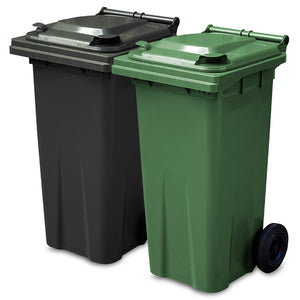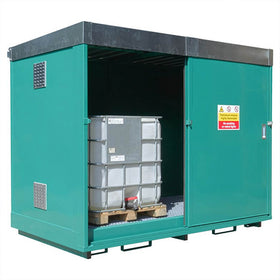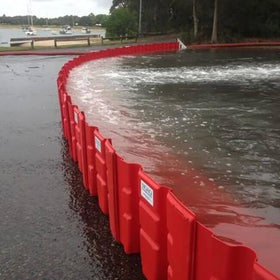Tanker causes acid spill at Hopwood Park Services
A tanker containing approximately 23,000 litres of hydrochloric acid has leaked at the Hopwood Park Services in Worcestershire, prompting an immediate spill control operation to get underway.
The incident occurred on Wednesday 8th December at around 6.10am at the services, which is located off Junction 2 on the M42 motorway.
Hereford & Worcester Fire and Rescue Service (H&WFRS) were called as soon as the chemical leak was reported, but specialist spill control teams from the Environmental Protection Unit (EPU) soon had to be drafted in.
After setting up a safety cordon around the leaking tanker, spill containment measures were employed to prevent the hydrochloric acid spreading. It was estimated that 200 litres of acid leaked from the tanker during the incident. Summing up what happened, Redditch Fire Station Manager Phil Griffiths said:
“Firefighters in breathing apparatus initially helped to assess the situation and we then called a specialist environmental cleaning company on site working with us to help contain the leak and limit any environmental impact.”
The driver of the vehicle and three other people were checked by medical teams as a precautionary measure, but no injuries were reported.




